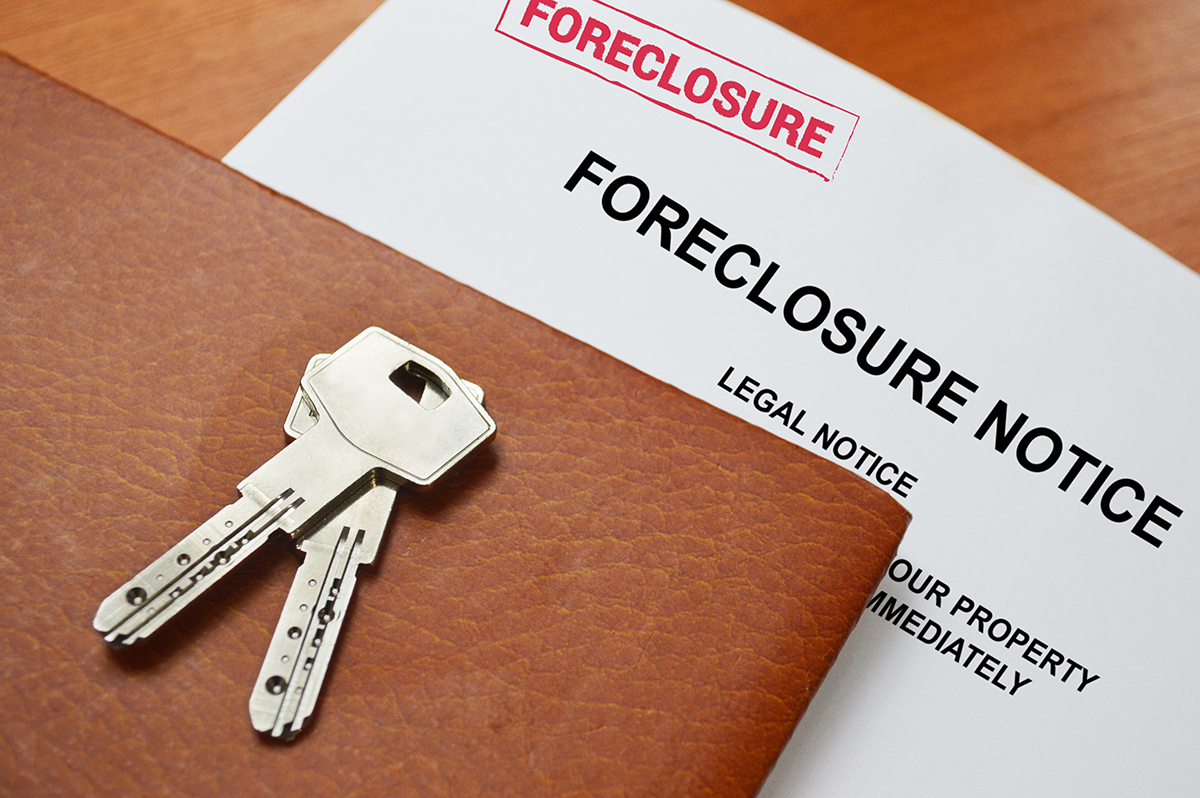Foreclosure often involves the sale of the property at a public auction, where the proceeds are used to repay the outstanding mortgage balance. If the sale does not generate sufficient funds to cover the debt, the borrower may still be liable for the remaining balance. Foreclosure has significant implications for both the borrower, who faces losing their home, and the lender, who must go through a complex legal process to claim ownership of the property.
Types of Foreclosure Proceedings
Foreclosure proceedings can take several different forms, each with its own set of necessary steps and processes. The two primary types of foreclosure are judicial foreclosure and non-judicial foreclosure.
Judicial foreclosure is a court-supervised process that requires the lender to file a lawsuit against the homeowner. The necessary steps involve the lender filing a complaint, serving the homeowner with a summons, and allowing them to respond. If the court finds in favor of the lender, a foreclosure sale is scheduled and the property is auctioned off.
Non-judicial foreclosure, on the other hand, does not involve court intervention. Instead, the foreclosure process is governed by the terms of the mortgage agreement or a power of sale clause. The lender must provide notice of default, allowing the homeowner an opportunity to cure the default. If the default is not cured, the lender can proceed with conducting a foreclosure sale.

Foreclosure Defense
Foreclosure defense protects homeowners who are facing foreclosure proceedings. It provides them with a range of legal strategies to fight against their lender’s actions and potentially save their homes. The importance of foreclosure defense cannot be understated, as it offers homeowners a chance to challenge the legality of the foreclosure process and ensure that their rights are protected.
Homeowners are often at a disadvantage when dealing with large financial institutions, and foreclosure defense allows them to level the playing field. By utilizing legal strategies, homeowners can challenge the lender’s compliance with all legal requirements and regulations. This includes scrutinizing the loan documents, the validity of the foreclosure notice, and the lender’s adherence to state and federal laws.
Foreclosure defense enables homeowners to provide evidence of any illegal or unethical practices by the lender. This can include predatory lending, fraudulent documentation, or violations of consumer protection laws. By presenting such evidence in court, homeowners can create doubt about the lender’s actions and potentially secure a favorable outcome.
Understanding the Foreclosure Defense Process
The foreclosure defense process involves a series of steps and strategies aimed at helping homeowners save their homes and regain financial stability. Upon receiving a foreclosure notice, a homeowners best move is to consult with an experienced foreclosure defense attorney.
The attorney will review all documents and details related to the foreclosure. This includes evaluating the terms of the mortgage agreement, verifying the accuracy of foreclosure paperwork, and assessing any potential violations committed by the lending institution.
Once the attorney has gathered all the necessary information, they can formulate a defense strategy. This may involve challenging the foreclosure process itself, seeking loan modifications, negotiating with the lender for a repayment plan, or exploring alternatives such as a short sale or deed in lieu of foreclosure.
An effective foreclosure defense strategy may also involve identifying any violations of state or federal laws committed by the lender during the loan origination or foreclosure process. This can include predatory lending practices, failure to provide proper notice, or improper documentation.
Foreclosure defense can help homeowners save their homes and regain financial stability by providing them with the legal representation they need to fight against the foreclosure. It provides homeowners with a platform to challenge the lender’s actions and presents opportunities for negotiation and alternative resolutions.
By engaging in foreclosure defense, homeowners can potentially halt the foreclosure process, allowing them time to explore options for loan modifications or repayment plans. Ultimately, the goal is to secure favorable outcomes that allow homeowners to keep their homes while getting their finances back on track.

Foreclosure Defense Strategies
There are several strategies available for foreclosure defense to protect one’s rights and potentially avoid losing their home.
Filing for bankruptcy is a common strategy that can provide temporary relief by imposing an automatic stay on foreclosure proceedings. This allows homeowners to reorganize their debt and potentially negotiate with the lender for foreclosure alternatives.
Ensuring that the bank is a real party of interest is key for a valid foreclosure. Many loans have been sold or transferred to different entities, making it essential to verify the lender’s legal standing and ownership of the mortgage.
Proving that the promissory note no longer exists is another defense strategy. This requires homeowners to demand the production of the original note from the lender. If the lender cannot provide the necessary documentation, it weakens their case for foreclosure.
Showing that the lender breached the terms of the mortgage contract first can be a strong defense strategy. This involves identifying any violations committed by the lender, such as predatory lending practices or failure to comply with specific regulations.
Attacking the lender’s shoddy or illegal practices is another effective defense. This can involve uncovering fraudulent activities, such as robo-signing or forged documents, and presenting evidence of the lender’s misconduct.
If you need foreclosure defense, contact the experienced attorneys at Frego & Associates today.
FAQs
Homeowners can avoid foreclosure through several methods, including refinancing, loan modification, forbearance, or selling the home. [1]
Yes, banks are often willing to negotiate terms to avoid the lengthy and costly foreclosure process. They may agree to loan modifications, short sales, or other arrangements to help homeowners catch up on payments. This is because banks prefer to avoid the expense and risk associated with holding onto and selling foreclosed properties.
A short sale occurs when a homeowner sells their property for less than the amount owed on the mortgage, with the lender’s approval. This can be a preferable alternative to foreclosure because it allows the homeowner to avoid the negative impact of foreclosure on their credit report and may result in a more favorable financial outcome.
Sources:
[1] Avoid foreclosure – coronavirus mortgage relief options. (n.d.). Consumer Financial Protection Bureau. Retrieved June 26, 2024, from https://www.consumerfinance.gov/housing/housing-insecurity/help-for-homeowners/avoid-foreclosure/
[2] Is it a good idea to buy a house in foreclosure? (n.d.). BestCompany.com. Retrieved June 26, 2024, from https://bestcompany.com/mortgages/blog/foreclosed-home-complete-guide
[3] Heidenry, M. (2022, May 19). Buying a Foreclosed Home: How a Foreclosure Sale Works. Real Estate News & Insights | Realtor.com®. https://www.realtor.com/advice/buy/what-does-buying-a-foreclosed-home-entail/




